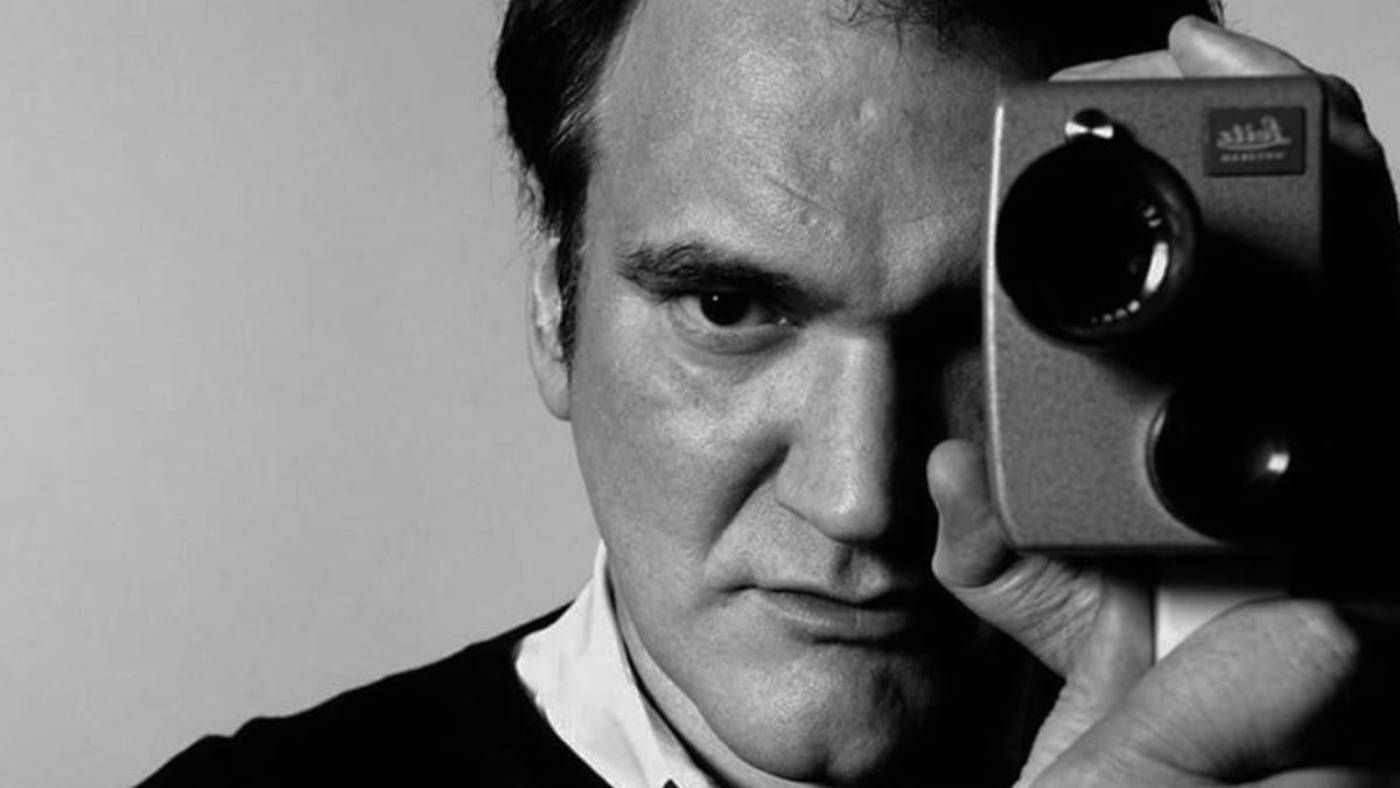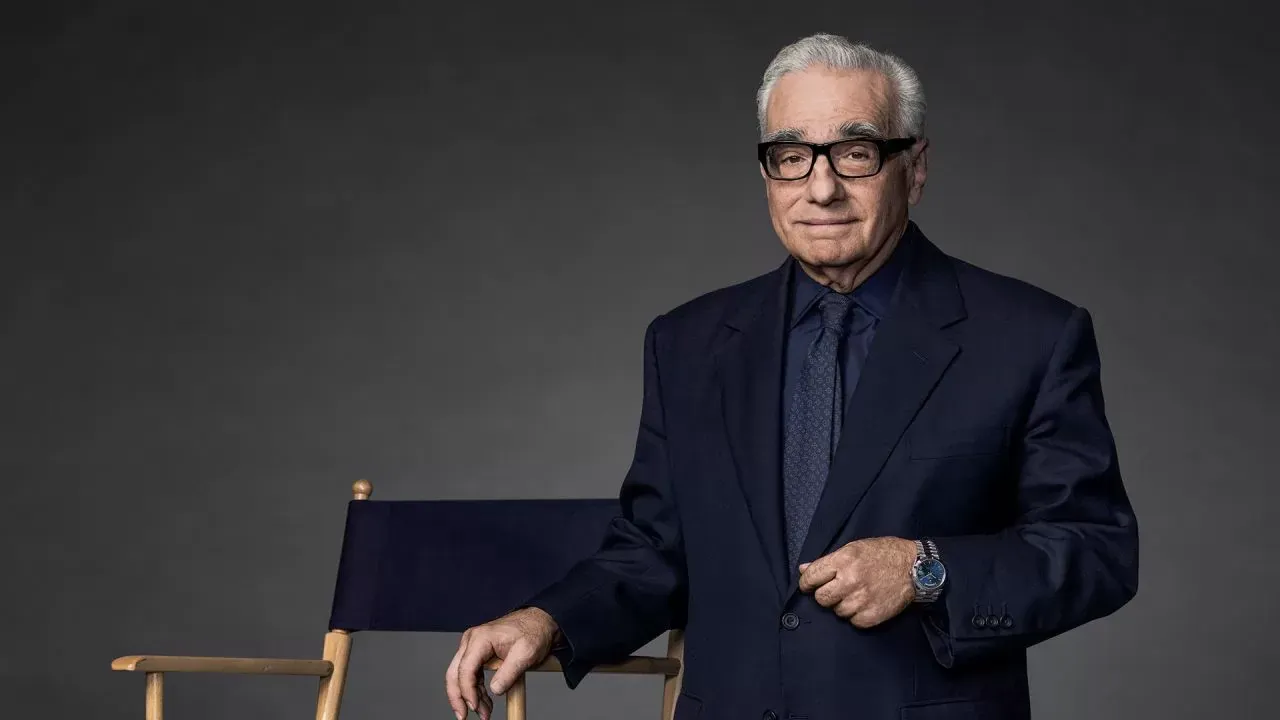Within the last decade, we have seen a massive shift in the movie making and distributing process. Films are becoming widely accessible to the public who, in some cases, don't even have to leave their homes. What started out as a television series or two has evolved into critically acclaimed masterpieces being available on streaming platforms. These streaming platforms are on average cheaper monthly than the price of one ticket at the movie theater, which means audiences are paying less for one full month of a particular streaming service than going to the theater and buying one single ticket… not to mention the food.
Going to the movies used to be a lengthy venture. Audiences would dress up for a night at the cinema. Wait on a seemingly endless line at the box office surrounded by posters of upcoming pictures. They’d get their ticket and spend their evening watching coming attractions, a newsreel and then the feature presentation. Nowadays, people practically roll out of bed and drive to the theater with their tickets pre-bought, pre-scanned and having seen every trailer imaginable on the internet. The magic of cinema has become a more routine commercial experience without question.
Nevertheless, with this change in cinema comes mixed reviews. Audiences seem to love the ability to stream a new release from the comfort of their own home on more than one device; it still seems rather strange that one can lay in bed and watch a Christopher Nolan film on their iPhone. The scale and viewing perspectives just don’t seem to be compatible. However, convenience sells more than any tangible product these days. People want quick, easy and accessible. Streaming has become all three of these factors. Whether we like it or not, streaming and home-viewing is not going anywhere. Acclaimed directors, on the other hand, have their own insight into how their films should be viewed, or how cinema should be experienced in general. Some of the greatest filmmakers have unique perspectives on this global revolution and remain firm on their beliefs, and these are a few of them.
Quentin Tarantino on Streaming
Quentin Tarantino is quite possibly the heart and soul of traditionalist cinema. His most recent Once Upon a Time in Hollywood was essentially his love letter to Old Hollywood and the heyday of cinema. He showed his appreciation for traditional movies through his storytelling and narrative structure, while his film The Hateful Eight emphasized his love for old-time cinema through technical application. Shooting in 70mm Panavision mirrored the grand presentation of classic motion pictures like Ben-Hur and Lawrence of Arabia. It’s no question that Tarantino shows his love of movies through his art, but what does he think of this new wave of film distribution? In an interview discussing his thoughts about Netflix, Tarantino likens his feelings to nostalgia. Comparing this new technology to those magical days of BlockBuster and other video stores, he says:
[There] was a different quality to the video store. You looked around, you picked up boxes, you read the back of the boxes. You made a choice, and maybe you talked to the guy behind the counter, and maybe he pointed you toward something. And he didn’t just put something in your hand, he gave you a little-bit of a sales pitch on it to some degree or another. And so the point being is, you were kind of invested, in a way that you’re not invested with electronic technology when it comes to the movies.
While he’s seemingly not against the home viewing experience, Quentin Tarantino is saying there was more TLC in the selection process. The options were right in front of you in the video store, and that feeling of a tangible VHS tape was unlike anything else; perhaps this is the modern appeal of vinyl for some music purists. Nowadays, the options are endless, and we are not so connected to the films we watch because they often become more-or-less background noise. Tarantino wants his audiences invested in his films. They require complete attentiveness and emotional investment, because that is how he takes you on his journey. As the conductor, the audience is instrument and he plays us well. His films rely on that symbiotic relationship to allow the viewer to feel the beats of his story. His unique characters are enough to glue eyes to the screen. The broad scale of his films can truly be appreciated best on the largest screen possible, so viewing The Hateful Eight on a cell phone or a laptop is not going to do it justice.
Martin Scorsese on The Change of Cinema
Martin Scorsese made some controversial statements during his press run for his film The Irishman. He has always presented himself as a traditionalist director by primarily shooting on film and making huge-scale modern epics. In his perspective, the use of cinema is purely to advocate for the audience’s experience. Whether in the theater or in the home, films should be viewed with a group to intensify the emotional response; or, as the director said at the BFI London Film Festival:
Something that should always be protected as much as possible, and I think will always be there is a communal experience and I think that’s best in the theater. Now, homes are becoming theaters too. But it’s a major change and I think one has to keep an open mind, you know. There’s no doubt that seeing a film with an audience is really, really important.
While Scorsese seems to have a progressive view for the future of cinema, he maintains his stance on what he sees as 'true' cinema:
The Marvel type picture where the theaters become amusement parks, that’s a different experience. It’s not even the same really, it’s not cinema, it’s something else. Whether you go for that or not, but it is something else, and we shouldn’t be invaded by it. And so that’s a big issue, that’s a big issue and we need the theater owners to step up for that. To allow theaters to show narrative films.
These highly controversial remarks made headlines in late 2019. However, his viewpoint is valid in that the communal experience from watching a Marvel film is vastly different from that of a drama. Audiences may not want to go to the theaters for anything other than big budget blockbusters because of that amusement park type of experience they may not get at home. This could elicit a tremendous problem for filmmakers who fight to have their films shown on the big screen. Martin Scorsese's film The Irishman was made more accessible through Netflix as per their stipulations of the incredibly large budget-- a limited theatrical release, followed by worldwide streaming. For a nearly four-hour film, the general audience chose the latter for their viewing experience.
David Lynch on the Small Screen
A man of powerful words when it comes to filmmaking, David Lynch has released some of the most thought-provoking films of his own in cinema history. His viewpoint seems to have remained the same since the time period when he started decades ago. When asked of his opinion on the accessibility and options for viewing a film on a multitude of devices, here’s what Lynch responded in the special edition of Inland Empire's home release:
Now if you’re playing the movie on a telephone, you will never in a trillion years experience the film. You’ll think you have experienced it. But you’ll be cheated. It’s such a sadness that you think you’ve seen a film on your f*****g telephone. Get real!
While rather blunt, his opinion is completely valid. The experience of watching a film on a smartphone is by no means the same as a theater viewing. By saying that the audience is “cheated,” Lynch is inferring to the purity of cinema that is being tarnished by multi-device options for movies.
Having a keychain of the Statue of Liberty is different from seeing it in person. Seeing a photograph of the Mona Lisa pales in comparison to seeing the painting up close. Film is an art form, and it should be taken seriously and be preserved in the form it was meant to be seen in, or at least that's the news from the people actually making them for us to see.




